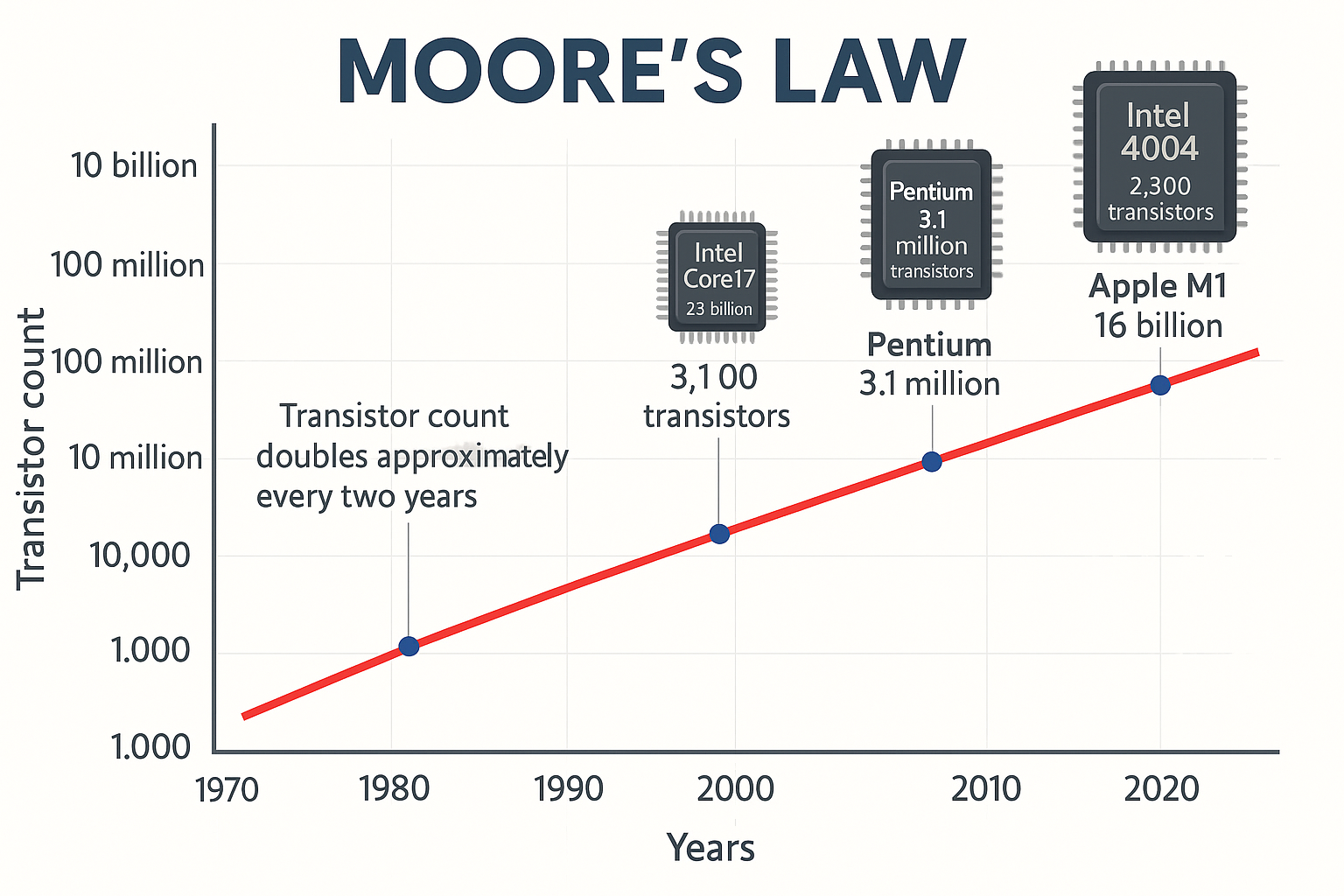Some people argue that Moore's law is an economic trap, and I was very skeptical.
It's true that Moore's law is not just about technical aspects...
Still, I think the original claims of Moore's Law are technical.
I think that economic things are things that are combined with other sizes of economy. How about that?
For example, I've seen arguing that Apple understands Moore's law the most, or ARM has moved Moore's laws forward....
I couldn't understand it because it didn't make sense
Maybe that's the case when it comes to mass production, but I think it's a different direction from Moore's law.
We are waiting for your opinion
It's true that Moore's law is not just about technical aspects...
Still, I think the original claims of Moore's Law are technical.
I think that economic things are things that are combined with other sizes of economy. How about that?
For example, I've seen arguing that Apple understands Moore's law the most, or ARM has moved Moore's laws forward....
I couldn't understand it because it didn't make sense
Maybe that's the case when it comes to mass production, but I think it's a different direction from Moore's law.
We are waiting for your opinion




